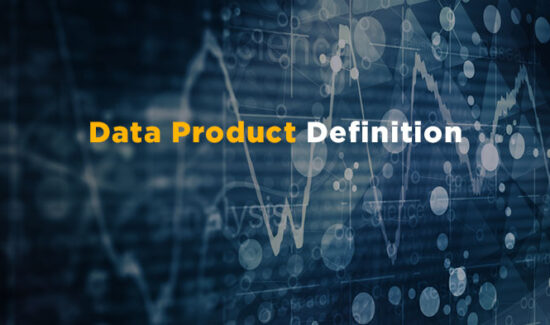Business Intelligence and the Data Mining Risks Associated

 Enterprises can increase their profits by utilizing big data. Big data can bring highly targeted and personalized products and services to consumers. Research indicates that consumers want to receive personalized information but they do not want their privacy compromised. According to estimates from the McKinsey Global Institute big data can increase retail sector profits by 60%. With these staggering profit margins it’s no wonder why big data is a multibillion-dollar business venue.
Enterprises can increase their profits by utilizing big data. Big data can bring highly targeted and personalized products and services to consumers. Research indicates that consumers want to receive personalized information but they do not want their privacy compromised. According to estimates from the McKinsey Global Institute big data can increase retail sector profits by 60%. With these staggering profit margins it’s no wonder why big data is a multibillion-dollar business venue.
There is a delicate balance between consumers wanting to receive personalized advertising and being cautious of overly aggressive marketing practices. In a recent global survey conducted by IT consultancy and outsourcer Infosys, 39 percent of respondents said that they consider data mining invasive. Furthermore, according to a September 2013 survey from data privacy management company Truste, 1 in 3 internet users have stopped using a company’s website or stopped doing business with a company because of privacy concerns.
Transparency Matters
Industry experts maintain that companies will be more successful if they are open about what they do with customers private information. Companies could lose customers if they are perceived to be spying or misusing customer information. Companies can offer customers incentives for sharing their information. By offering discounts or rewards points to loyal customers, enterprises can develop stronger relationships with their customers. “Retailers need to do a much better job of using the data that they already have to reach their customers. At the same time, they have to be careful about being seen as invasive because they don’t want to get into trouble and lose the trust of their customers,” says Infosys client partner Nans Sivaram.
Setting high ethical standards
Michael Walker, a managing partner at systems integrator Rose Business Technologies, is an advocate for a code of ethics for big data professionals. Similar to oaths that doctors, elected officials, or lawyers would take, Walker believes an ethical code should exist for data professionals. “My solution is to have some sort of code of professional conduct that data scientists would voluntarily agree to follow to protect people’s private data,” Walker says. Earlier this year, the Institute for Operations Research and the Management Sciences (INFORMS) drafted a code of conduct in conjunction with its Certified Analytics Professional certification program.
It is still to be determined whether or not an industry wide code of conduct for data professionals will be established. Regardless, transparency, respecting customer privacy, and setting high ethical standards will matter. Click here to read the entire piece form ComputerWorld


































